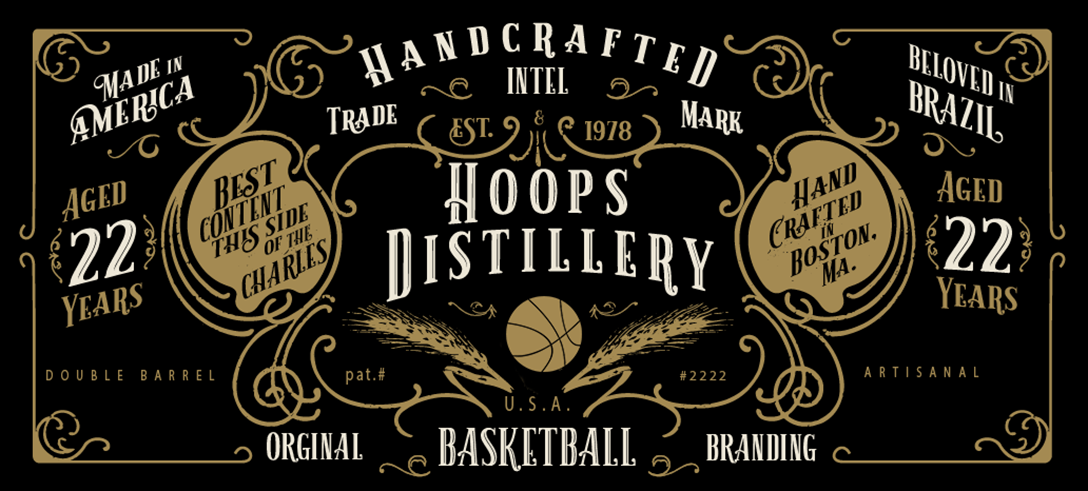
The October, 2018 Pull Up Podcast stuck with me all this time. CJ McCollum got current Brooklyn Nets Head Coach, Steve Nash, talking in great detail about the key to his success in going from a high school player that only received one scholarship offer from a school he had never heard of to a 2-time MVP winner and first ballot Hall of Famer. I cut out some of the basketball-specific stories that go along with these wise words in order to drill down to the life lessons on resiliency that can be applied to basketball, careers, or any challenges we face. So without further ado, here are some excerpts from the interview:
My biggest…my #1 thing when I’m judging a player’s development is their mentality. Confidence can come and go. Confidence is important, but resilience is the most important thing. So I think, in my situation, in your situation and in my situation, we both had a ton of resilience. We had the ability to come back the next day and want more, no matter how the day before went, no matter how much success or failure we had. We had the resilience to keep going day after day after day–it never waivered.
A quick anecdote: Barcelona, the soccer club, has an academy called La Masia, that’s produced thousands of pros–thousands that never played for Barcelona, but who went and played around the world. They also produced Leo Messi–in my opinion, the best player of all-time, and a bunch of really, really top pros that play for Barcelona. They always say that the number one predictor of success at La Masia is resilience, not technical skill, athleticism, speed, strength, ability. They get these kids that come to the academy and are the best of the best, they’re little geniuses with the ball, but that’s not the number one indicator of success. The number one indicator of success is resilience. Someone who’s been doing this for 100 years and has had some of the best players of all-time, and gets the cream of the crop as far as young kids in their region, if not in Spain, in the world, and its resilience.
So while I didn’t always have confidence, I had resilience. And I always think that it’s so important. I really think its something that should be taught when you’re 12 years old or younger….to message it to your kid or even guys on your team, ‘we’re going to develop our resilience muscle’. It’s just as big a part as growing your shooting, your quickness or your athleticism. How many talented players have you seen that don’t have the resilience or the mental toughness to fight, to come back and want more. You have to treat it as something that’s trainable, you have to message that to people whether they’re kids or adults.
I think for me, confidence was something that came and went until probably when I was 30. I changed my body in some respects. I dug way down and worked on building a foundation, taking away my default patterns, creating solutions.
I had a joy for the struggle every day and the plateaus never became a problem. A lot of people when they stagnate they lose steam and lose momentum. When I stagnated, it made me double-down and stick with it, and be more disciplined. I didn’t realize at the time but that was something within me, and natural to me, that was more valuable than shooting touch or vision.
It’s amazing how far just resilience took me, but I didn’t necessarily know it at the time, it was just my make-up, I had a huge passion to play, I loved living life obsessed with something, transfixed by it, and watching myself transform. That was a thrilling way to live. That gave me a lot of life. That gave me a lot of energy. No matter how much energy I put into it, it gave me more energy. I think a lot of people reach a plateau and its hard for them to keep going and its so important to enjoy the plateaus. I think these are things we should teach kids. You’re afforded the most from plateaus. The times you struggle, under duress, having adversity–those are the times that taught you the most or gave you the most strength.
Those are the building blocks that you want to look for in a player, in a developing player or attitude-wise. I didn’t necessarily meditate but I believe in it — I do on occasion. I didn’t necessarily visualize a lot, but I did rehearse in a sense, my practices were a rehearsal…I would take my practice at times and feel like I was in a game.
